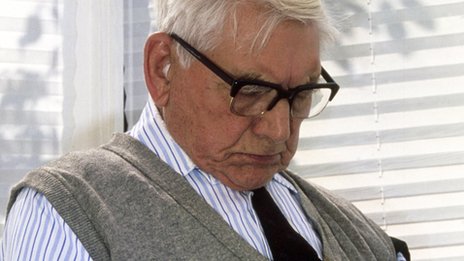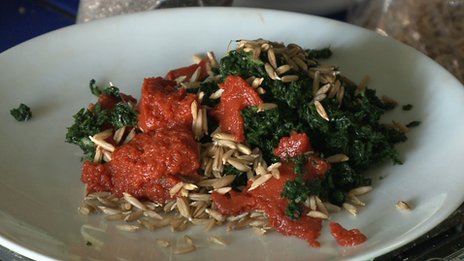Night_Hawk
Siasat.pk - Blogger
Blood test predicts breast cancer recurrence
(Reuters) / 21 January 2013
A simple blood test could tell whether the commonest form of breast cancer will recur post therapy, sparing women unwanted treatment with anti-cancer drugs.“If we can accurately predict which women are at high risk of breast cancer recurrence, it gives the physicians and oncologists treating these women time to design a more aggressive therapy in the hopes of preventing the cancer from coming back,” said researcher Sambasivarao Damaraju, from University of Alberta, Canada.
 “Treatment strategies could be tailor-made for these women based on their genetic make-up and how susceptible it makes them to breast cancer recurrence,” said Damaraju, the journal Public Library of Science ONE reports.
“Treatment strategies could be tailor-made for these women based on their genetic make-up and how susceptible it makes them to breast cancer recurrence,” said Damaraju, the journal Public Library of Science ONE reports.
The kit, which is being developed in Canada, focuses on something called luminal A breast cancer - the most common form of the disease and the type generally thought to have the best prognosis, according to the Daily Mail.
However, with it making up around 60 percent of the 50,000 cases of breast cancer diagnosed each year, it still accounts for a substantial number of relapses and deaths.
Alberta researchers tested blood samples taken from women when they had been diagnosed with breast cancer years previously.
The new test could spare some women unnecessary treatment for cancer.
Comparing the DNA of samples taken from women whose cancer had returned with DNA of samples from women who had remained in remission, indicated the possibility of the cancer recurring.
Canadian researchers believe their technique will be more accurate as it uses the DNA a person is born with to work out if their predisposition to breast cancer.
(Reuters) / 21 January 2013
A simple blood test could tell whether the commonest form of breast cancer will recur post therapy, sparing women unwanted treatment with anti-cancer drugs.“If we can accurately predict which women are at high risk of breast cancer recurrence, it gives the physicians and oncologists treating these women time to design a more aggressive therapy in the hopes of preventing the cancer from coming back,” said researcher Sambasivarao Damaraju, from University of Alberta, Canada.

The kit, which is being developed in Canada, focuses on something called luminal A breast cancer - the most common form of the disease and the type generally thought to have the best prognosis, according to the Daily Mail.
However, with it making up around 60 percent of the 50,000 cases of breast cancer diagnosed each year, it still accounts for a substantial number of relapses and deaths.
Alberta researchers tested blood samples taken from women when they had been diagnosed with breast cancer years previously.
The new test could spare some women unnecessary treatment for cancer.
Comparing the DNA of samples taken from women whose cancer had returned with DNA of samples from women who had remained in remission, indicated the possibility of the cancer recurring.
Canadian researchers believe their technique will be more accurate as it uses the DNA a person is born with to work out if their predisposition to breast cancer.




























































